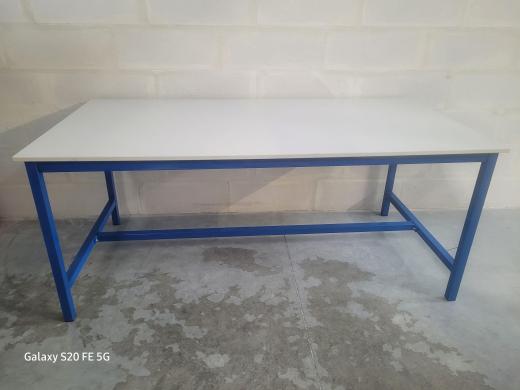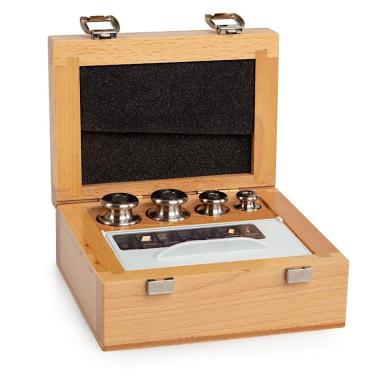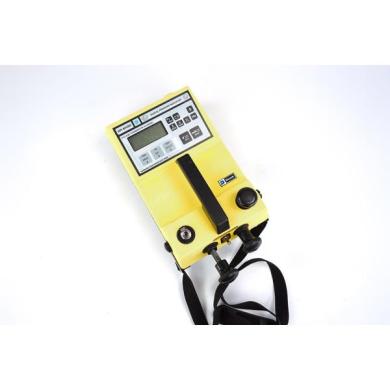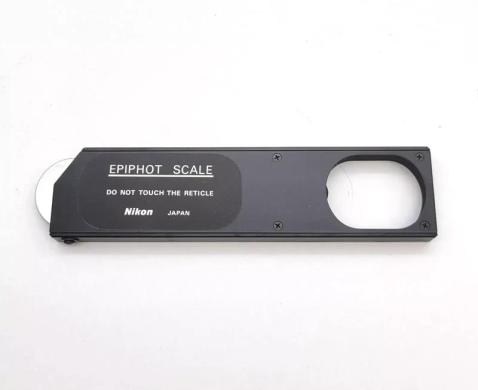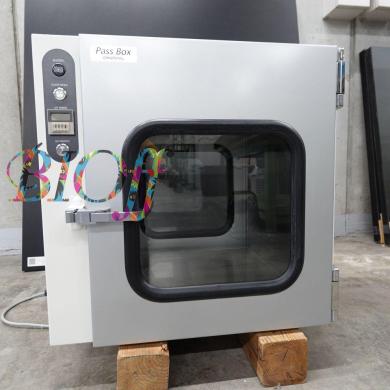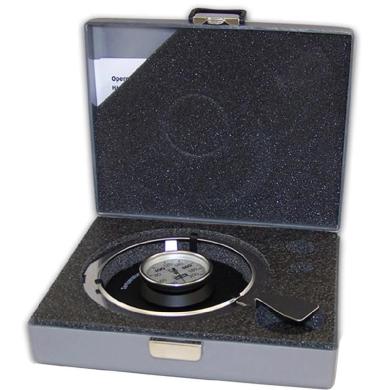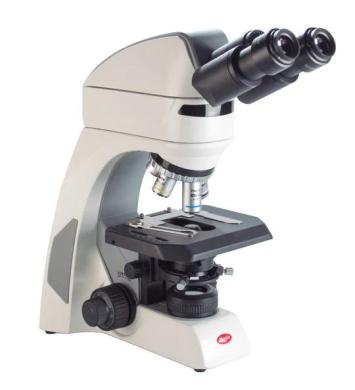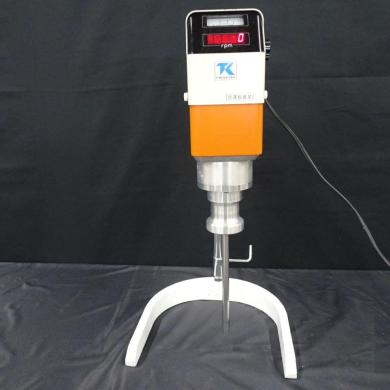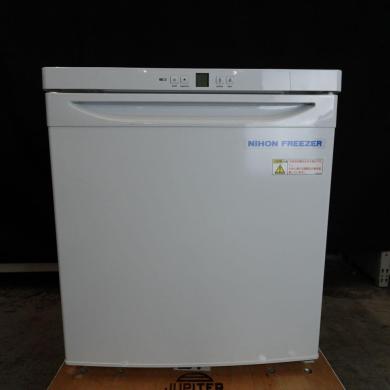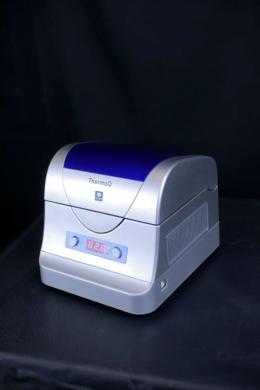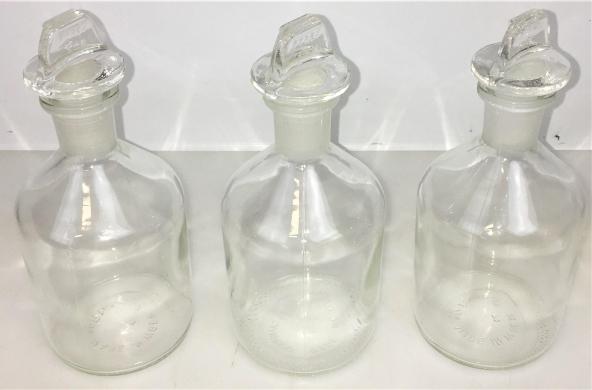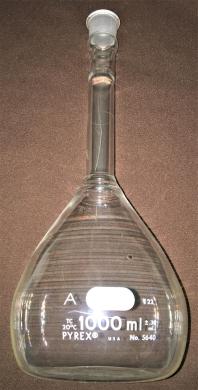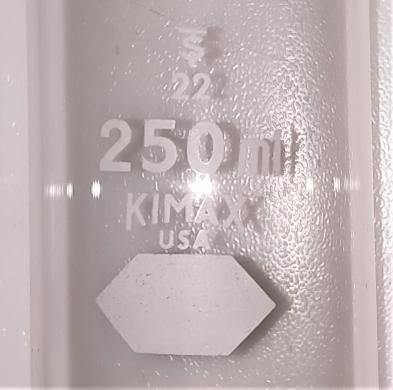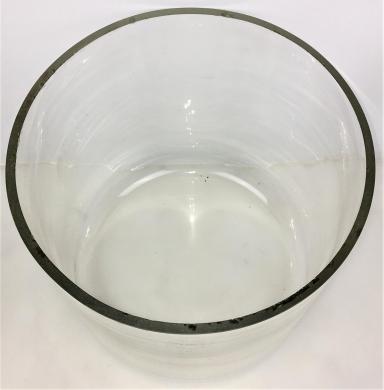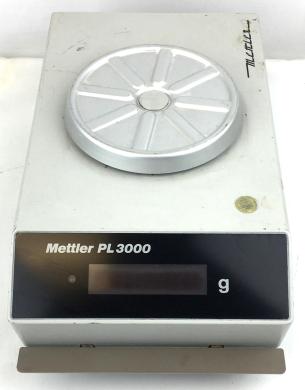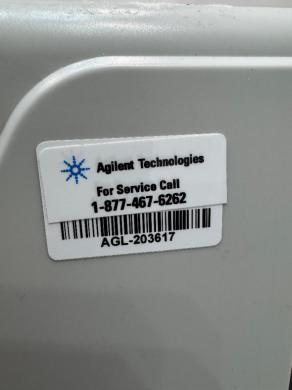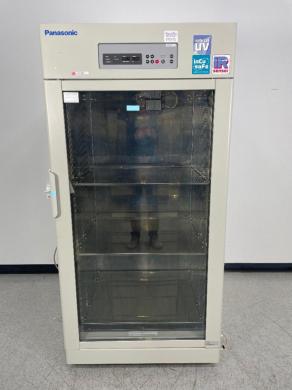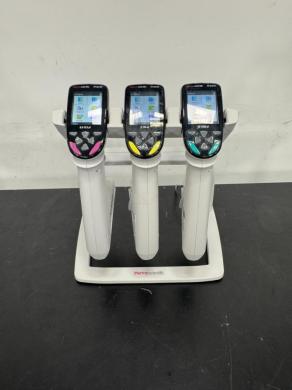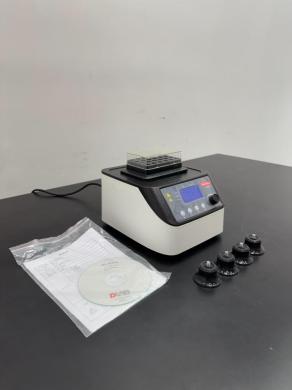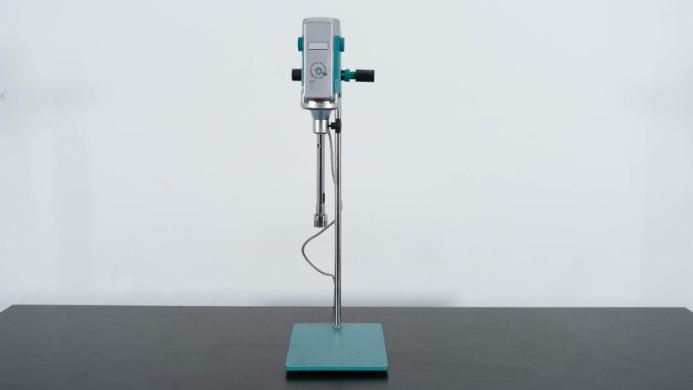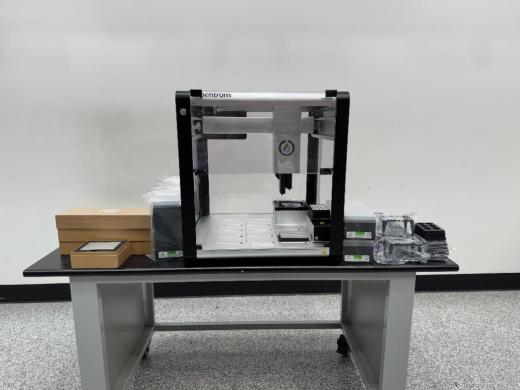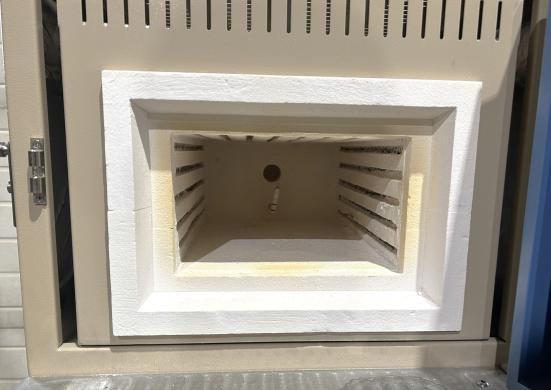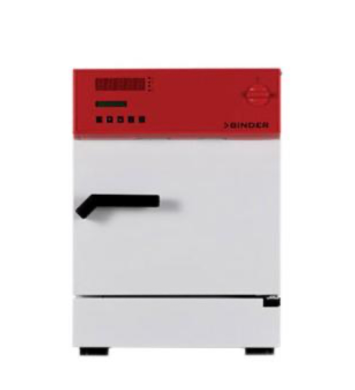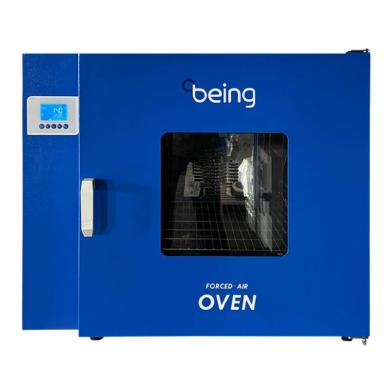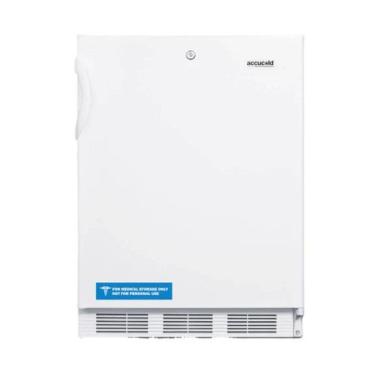Offering the best quotes for your research!
New and used scientific instruments
🚚 Shipping Worldwide 🌎
✉️ info@questpair.com
Do you have items to sell? Post them on QuestPair and reach thousands of potential buyers!
Post New ItemFacilities & equipment
There is a large assortment of scientific facilities and equipment that is used for scientific research and industrial purposes. Besides the major well-known brands producing their models in high volume, there are many innovative companies and organisations designing and manufacturing exciting new instruments for chemical, physical and biological applications and analysis. At the same time, many suppliers and re-sell
Didn't find what you're looking for?
Our sales team specializes in sourcing custom and hard-to-find products to meet your exact specifications.
Extensive supplier network
Quality guaranteed
Dedicated support
Didn't find what you're looking for?
Our sales team specializes in sourcing custom and hard-to-find products to meet your exact specifications.
Extensive supplier network
Quality guaranteed
Dedicated support
Didn't find what you're looking for?
Our sales team specializes in sourcing custom and hard-to-find products to meet your exact specifications.
Extensive supplier network
Quality guaranteed
Dedicated support
Customer Service
Here to help you with: Product Inquiries, Shipping & Support, Technical Support, Business Inquiries and Press.
We are available to assist you Mon-Fri, 10am - 5pm CET.
